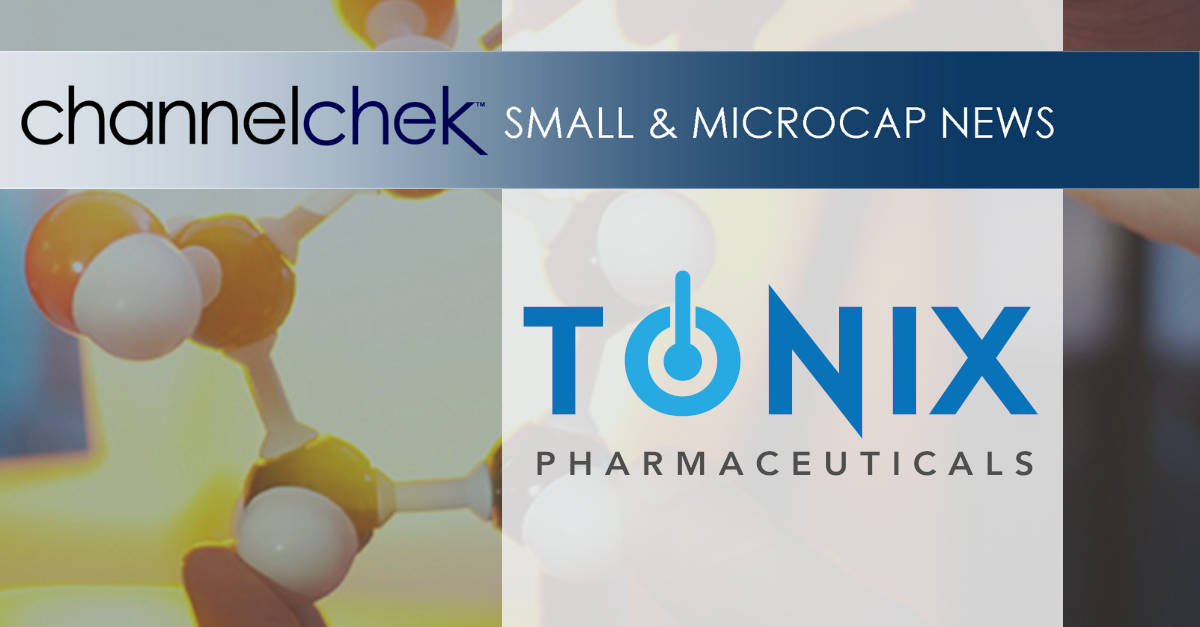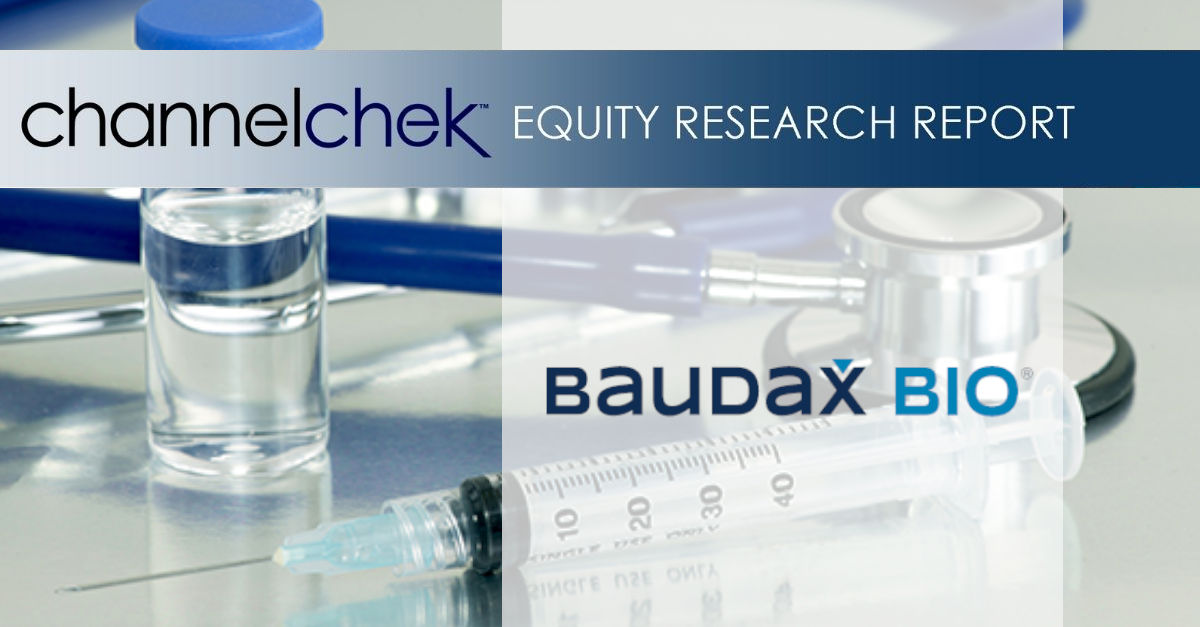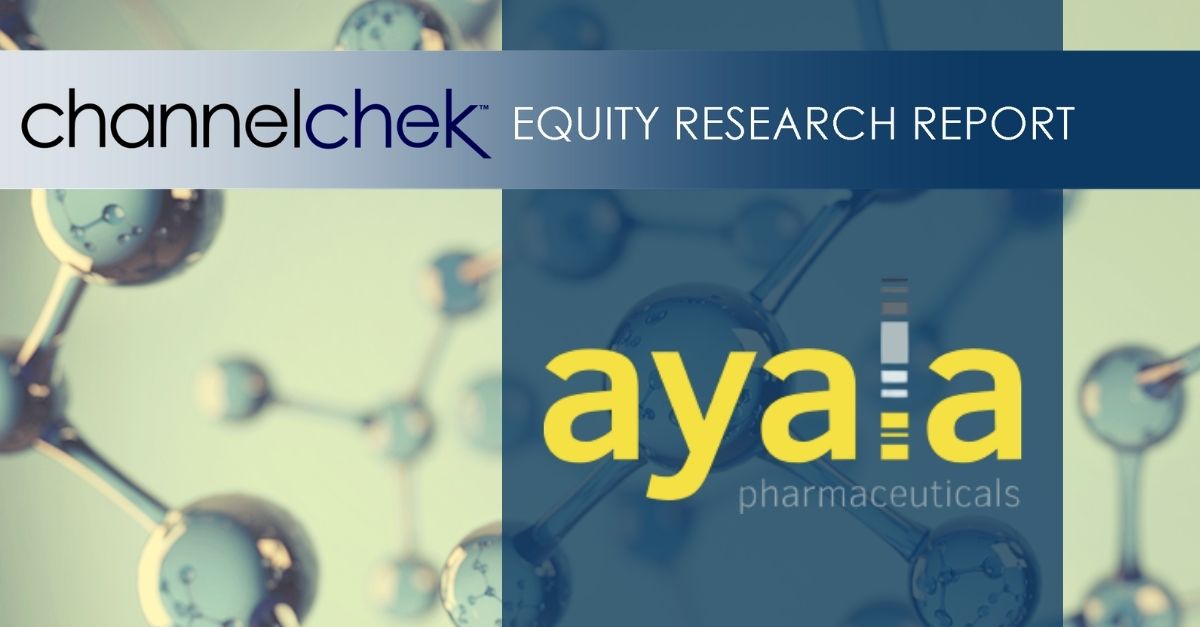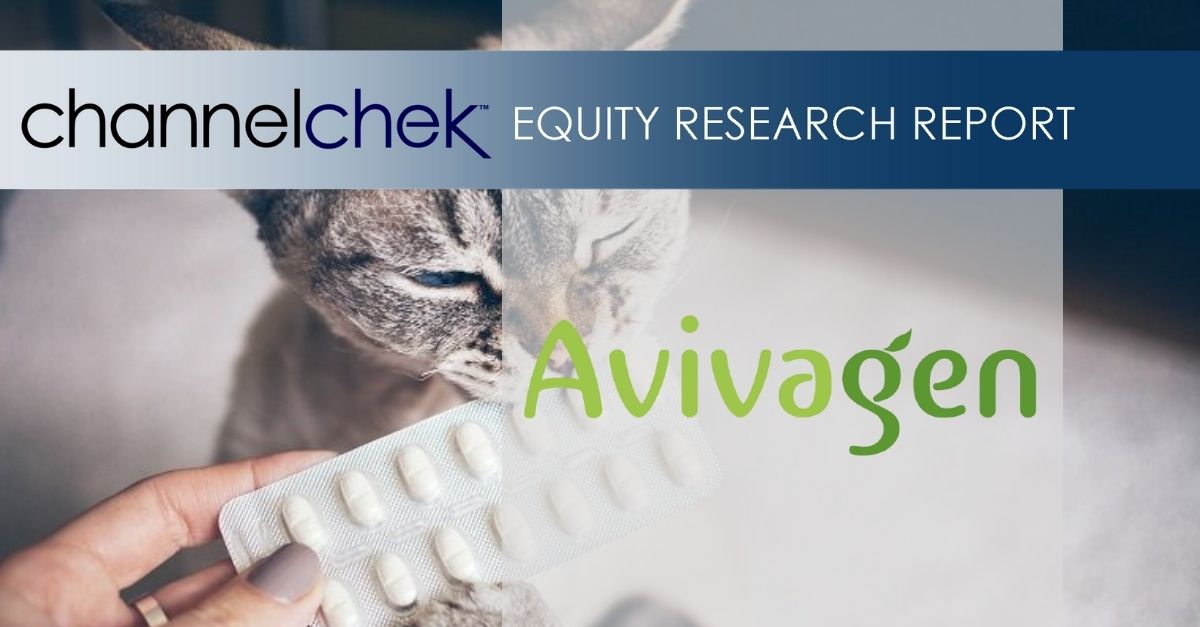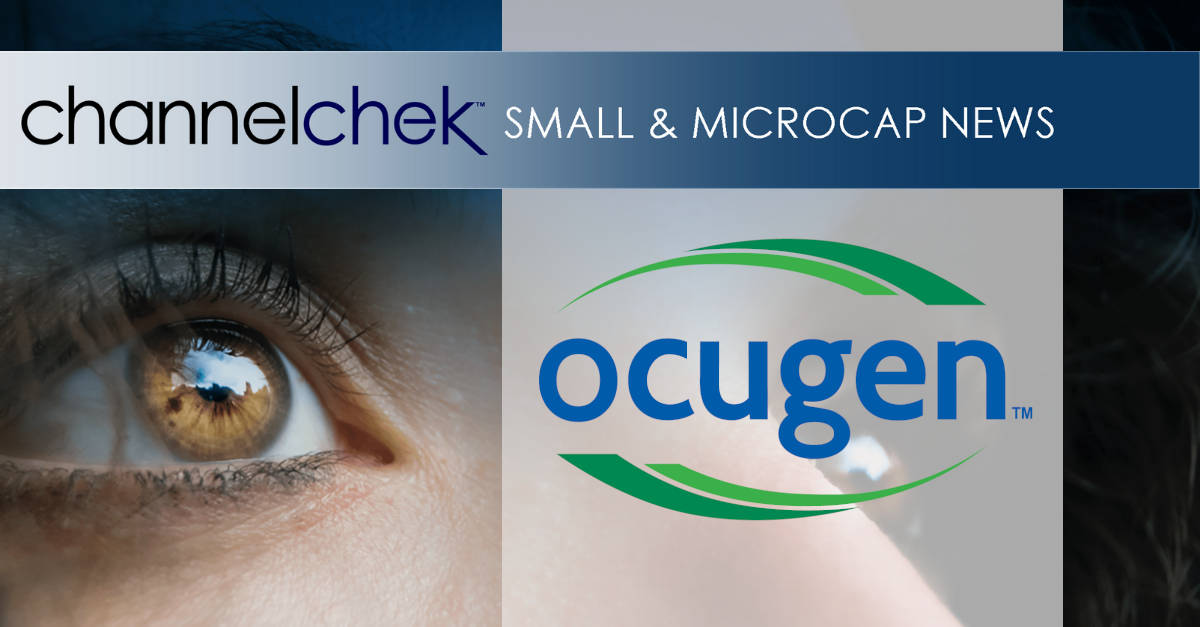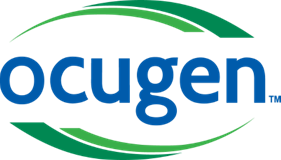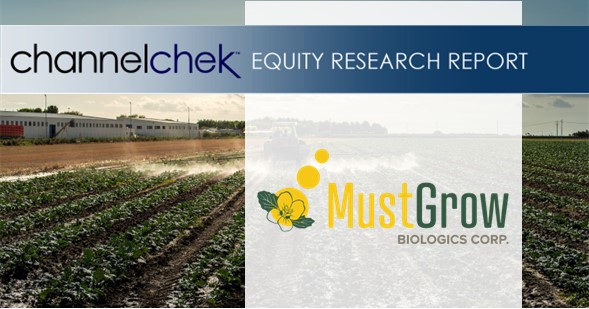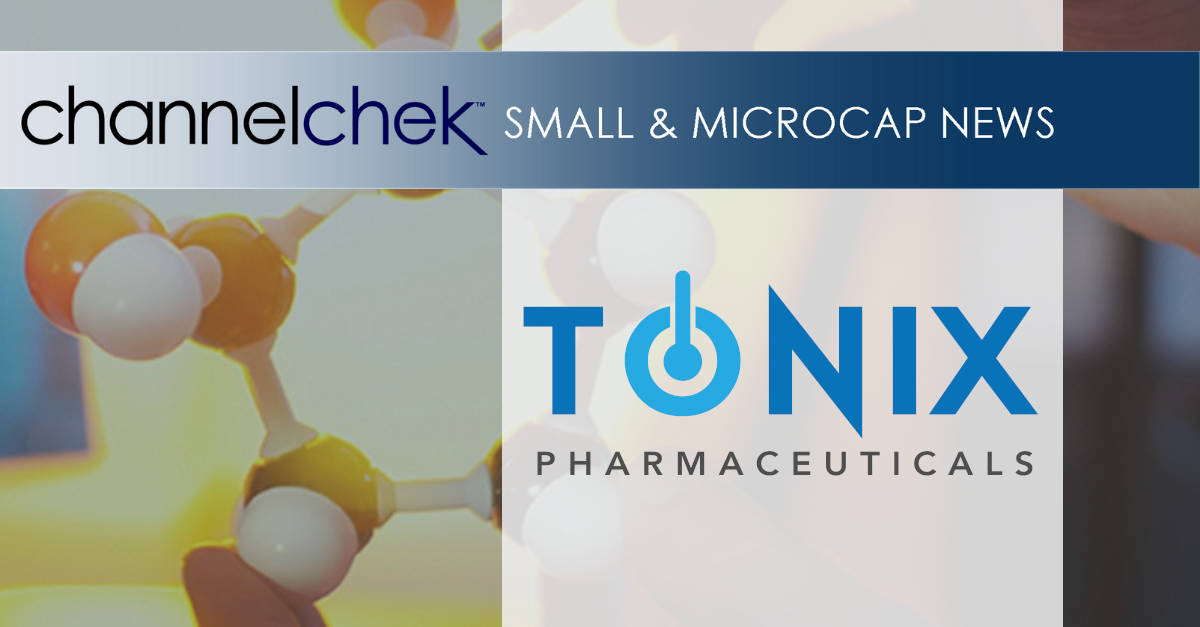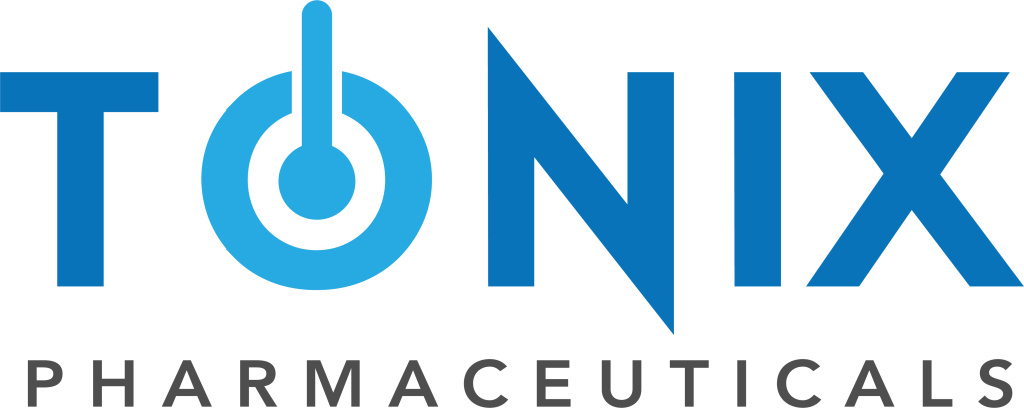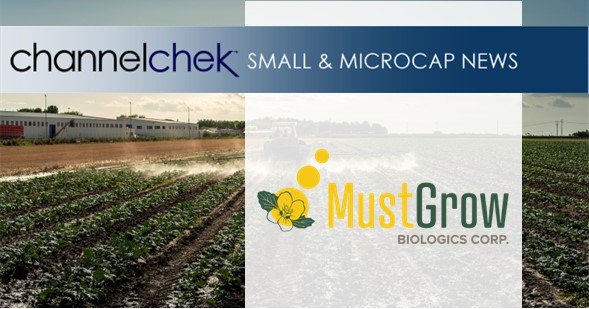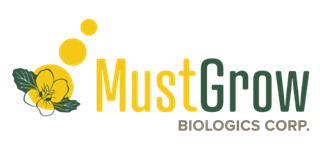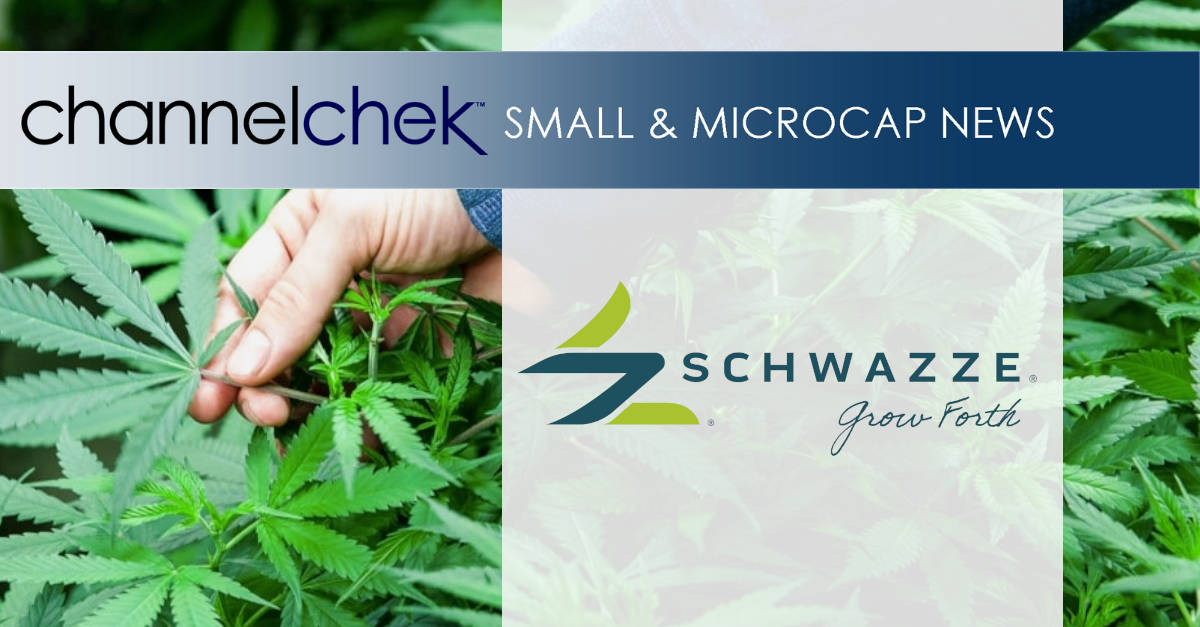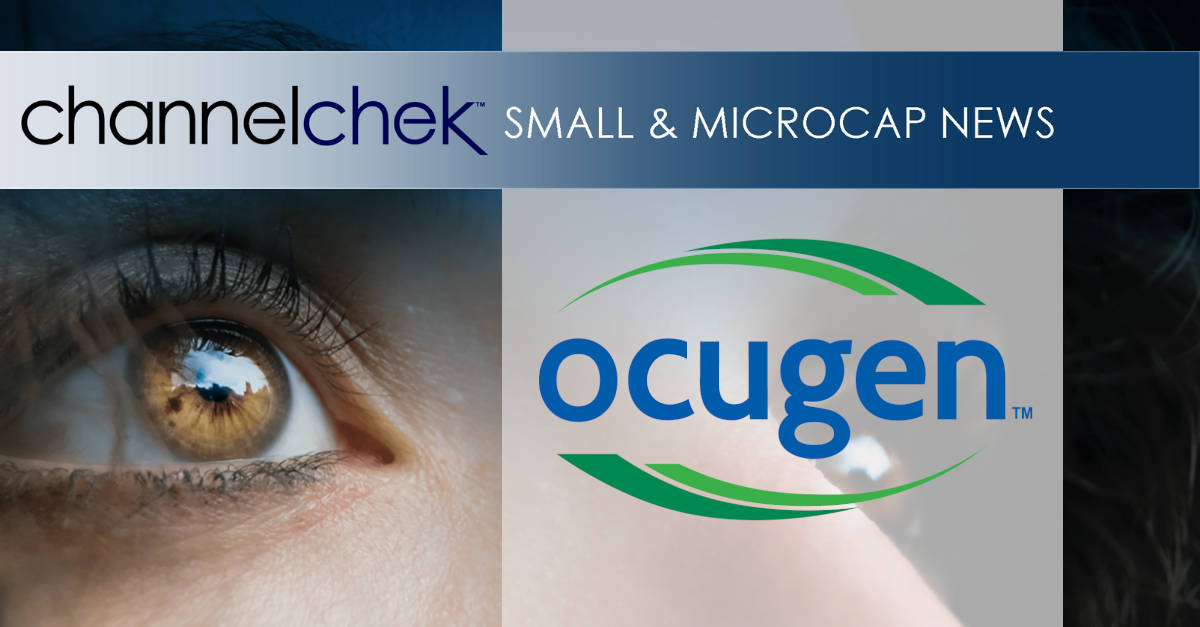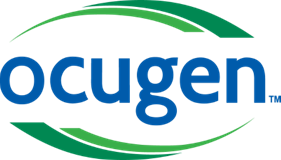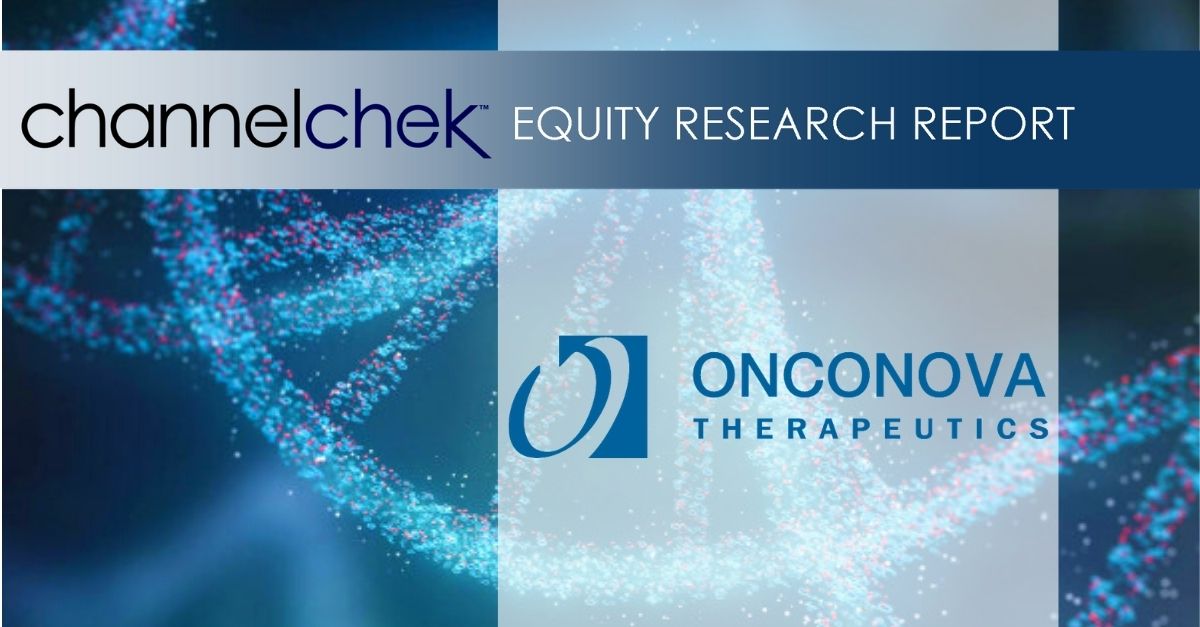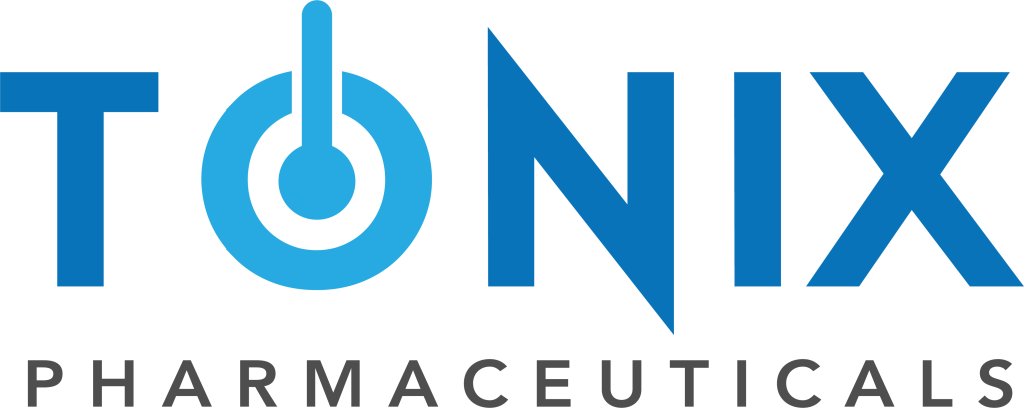
Research, News, and Market Data on TNXP
Approximately 40% of Long COVID Patients Experience Multi-Site Pain Similar to Overlapping Chronic Pain Syndromes Fibromyalgia and ME/CFS
Approximately 50% of Long COVID Patients with Multi-Site Pain and Sleep Disturbance Use Opiates
CHATHAM, N.J., Sept. 22, 2022 (GLOBE NEWSWIRE) — Tonix Pharmaceuticals Holding Corp. (Nasdaq: TNXP) (Tonix or the Company), a clinical-stage biopharmaceutical company, today announced data from a retrospective observational database study in patients diagnosed with Long COVID at the International Association for the Study of Pain (IASP) 2022 World Congress on Pain, being held September 20-23, 2022, in Toronto, Canada. The study was motivated to identify the frequency of symptoms of multi-site pain, fatigue and insomnia in Long COVID patients because these are the hallmarks of Overlapping Chronic Pain Syndromes like fibromyalgia and myalgic encephalomyelitis/chronic fatigue syndrome (ME/CFS). A copy of the poster is available under the Scientific Presentations tab of the Tonix website at www.tonixpharma.com.
The poster presentation titled, “Retrospective Observational Database Study of Patients with Long COVID with Multi-site Pain, Fatigue, and Insomnia: A Real-World Analysis of Symptomatology and Opioid Use,” include data from the study showing that:
- Approximately 40% of patients with symptoms of Long COVID had fibromyalgia-like multi-site pain.
- The rate of opioid use in Long COVID patients with multi-site pain was 34%, compared to 19% of Long COVID patients without multi-site pain.
- In patients with multi-site pain, opioid use increased to approximately 50% of patients when sleep disturbance was also present.
“The recently released U.S. HHS National Research Action Plan on Long COVID1 repeatedly addresses the overlap of Long COVID with ME/CFS, which, like fibromyalgia is one of the overlapping chronic pain syndromes with central sensitization,” said Seth Lederman, M.D., Chief Executive Officer of Tonix Pharmaceuticals. “Previously, central sensitization had been observed in approximately two-thirds of Long COVID patients2. The data from the new retrospective study revealed that U.S. Long COVID patients are turning to opioids for symptomatic relief, revealing the urgency to provide effective non-opioid, non-addictive analgesics that address multi-site pain. Currently, there is no therapy approved by the U.S. Food and Drug Administration for the treatment of multi-site pain associated with Long COVID.”
In August 2022, the Company announced that the first participant was enrolled in the Phase 2 PREVAIL study of TNX-102 SL as a potential treatment for patients with Long COVID syndrome (Long COVID) whose symptoms overlap with fibromyalgia. Long COVID is known officially as Post-Acute Sequelae of COVID-19 (PASC).
Dr. Lederman added, “TNX-102 SL is a centrally-acting non-opioid analgesic with no recognized abuse potential that has shown to decrease daily pain in a Phase 3 study of fibromyalgia. The finding that approximately 40% of Long COVID patients have fibromyalgia-like multi-site pain symptoms in the retrospective observational database study suggests that we should be able to recruit a robust cohort of participants to test the effects of TNX-102 SL in treating multi-site pain in Long COVID in our ongoing Phase 2 study.”
Citations
1U.S. Department of Health and Human Services, August 9, 2022. “National Research Action Plan on Long COVID”. www.covid.gov/assets/files/National-Research-Action-Plan-on-Long-COVID-08012022.pdf.
2Goudman, L, et al. J of Clin Med. 2021;10(23):5594. https://doi.org/10.3390/jcm10235594
Tonix Pharmaceuticals Holding Corp.*
Tonix is a clinical-stage biopharmaceutical company focused on discovering, licensing, acquiring and developing therapeutics to treat and prevent human disease and alleviate suffering. Tonix’s portfolio is composed of central nervous system (CNS), rare disease, immunology and infectious disease product candidates. Tonix’s CNS portfolio includes both small molecules and biologics to treat pain, neurologic, psychiatric and addiction conditions. Tonix’s lead CNS candidate, TNX-102 SL (cyclobenzaprine HCl sublingual tablet), is in mid-Phase 3 development for the management of fibromyalgia with a new Phase 3 study launched in the second quarter of 2022 and interim data expected in the second quarter of 2023. TNX-102 SL is also being developed to treat Long COVID, a chronic post-acute COVID-19 condition. Tonix initiated a Phase 2 study in Long COVID in the third quarter of 2022 and expects interim data in the first half of 2023. TNX-1300 (cocaine esterase) is a biologic designed to treat cocaine intoxication and has been granted Breakthrough Therapy designation by the FDA. A Phase 2 study of TNX-1300 is expected to be initiated in the first quarter of 2023. TNX-1900 (intranasal potentiated oxytocin), a small molecule in development for chronic migraine, is expected to enter the clinic with a Phase 2 study in the fourth quarter of 2022. Tonix’s rare disease portfolio includes TNX-2900 (intranasal potentiated oxytocin) for the treatment of Prader-Willi syndrome. TNX-2900 has been granted Orphan Drug designation by the FDA. Tonix’s immunology portfolio includes biologics to address organ transplant rejection, autoimmunity and cancer, including TNX-1500, which is a humanized monoclonal antibody targeting CD40-ligand (CD40L or CD154) being developed for the prevention of allograft and xenograft rejection and for the treatment of autoimmune diseases. A Phase 1 study of TNX-1500 is expected to be initiated in the first half of 2023. Tonix’s infectious disease pipeline consists of a vaccine in development to prevent smallpox and monkeypox, next-generation vaccines to prevent COVID-19, and a platform to make fully human monoclonal antibodies to treat COVID-19. TNX-801, Tonix’s vaccine in development to prevent smallpox and monkeypox, also serves as the live virus vaccine platform or recombinant pox vaccine (RPV) platform for other infectious diseases. A Phase 1 study of TNX-801 is expected to be initiated in Kenya in the first half of 2023. Tonix’s lead vaccine candidate for COVID-19 is TNX-1850, a live virus vaccines based on Tonix’s recombinant pox live virus vector vaccine platform. A Phase 1 study of the COVID-19 vaccine is expected to be initiated in the second half of 2023.
*All of Tonix’s product candidates are investigational new drugs or biologics and have not been approved for any indication.
This press release and further information about Tonix can be found at www.tonixpharma.com.
Forward Looking Statements
Certain statements in this press release are forward-looking within the meaning of the Private Securities Litigation Reform Act of 1995. These statements may be identified by the use of forward-looking words such as “anticipate,” “believe,” “forecast,” “estimate,” “expect,” and “intend,” among others. These forward-looking statements are based on Tonix’s current expectations and actual results could differ materially. There are a number of factors that could cause actual events to differ materially from those indicated by such forward-looking statements. These factors include, but are not limited to, risks related to the failure to obtain FDA clearances or approvals and noncompliance with FDA regulations; delays and uncertainties caused by the global COVID-19 pandemic; risks related to the timing and progress of clinical development of our product candidates; our need for additional financing; uncertainties of patent protection and litigation; uncertainties of government or third party payor reimbursement; limited research and development efforts and dependence upon third parties; and substantial competition. As with any pharmaceutical under development, there are significant risks in the development, regulatory approval and commercialization of new products. Tonix does not undertake an obligation to update or revise any forward-looking statement. Investors should read the risk factors set forth in the Annual Report on Form 10-K for the year ended December 31, 2021, as filed with the Securities and Exchange Commission (the “SEC”) on March 14, 2022, and periodic reports filed with the SEC on or after the date thereof. All of Tonix’s forward-looking statements are expressly qualified by all such risk factors and other cautionary statements. The information set forth herein speaks only as of the date thereof.
Contacts
Jessica Morris (corporate)
Tonix Pharmaceuticals
investor.relations@tonixpharma.com
(862) 904-8182
Olipriya Das, Ph.D. (media)
Russo Partners
Olipriya.Das@russopartnersllc.com
(646) 942-5588
Peter Vozzo (investors)
ICR Westwicke
peter.vozzo@westwicke.com
(443) 213-0505
Source: Tonix Pharmaceuticals Holding Corp.
Released September 22, 2022
